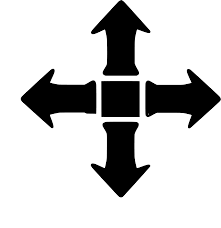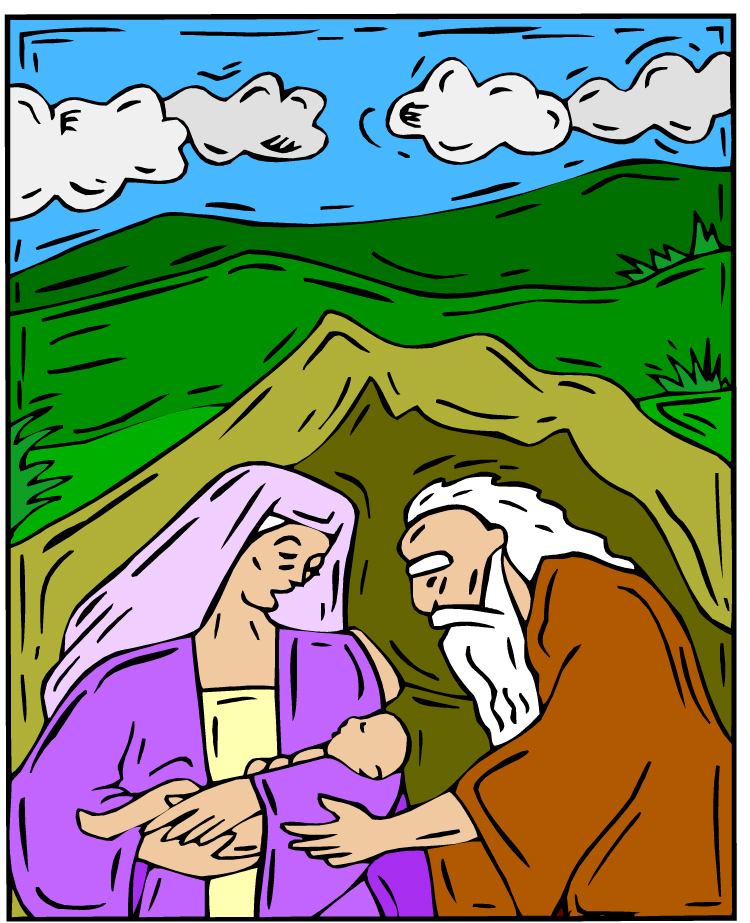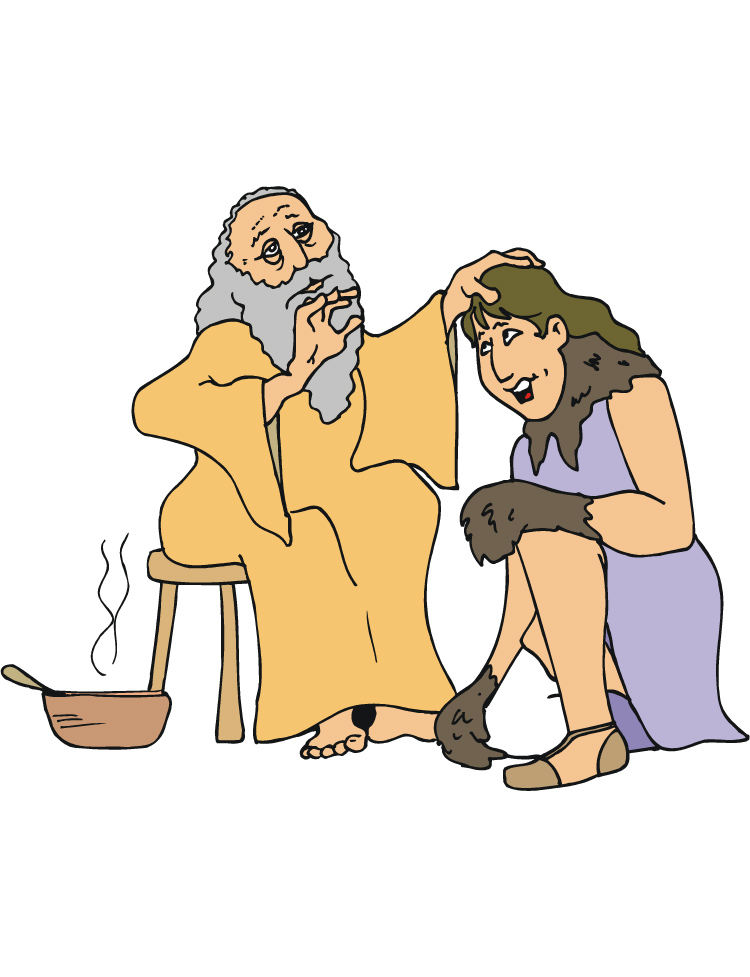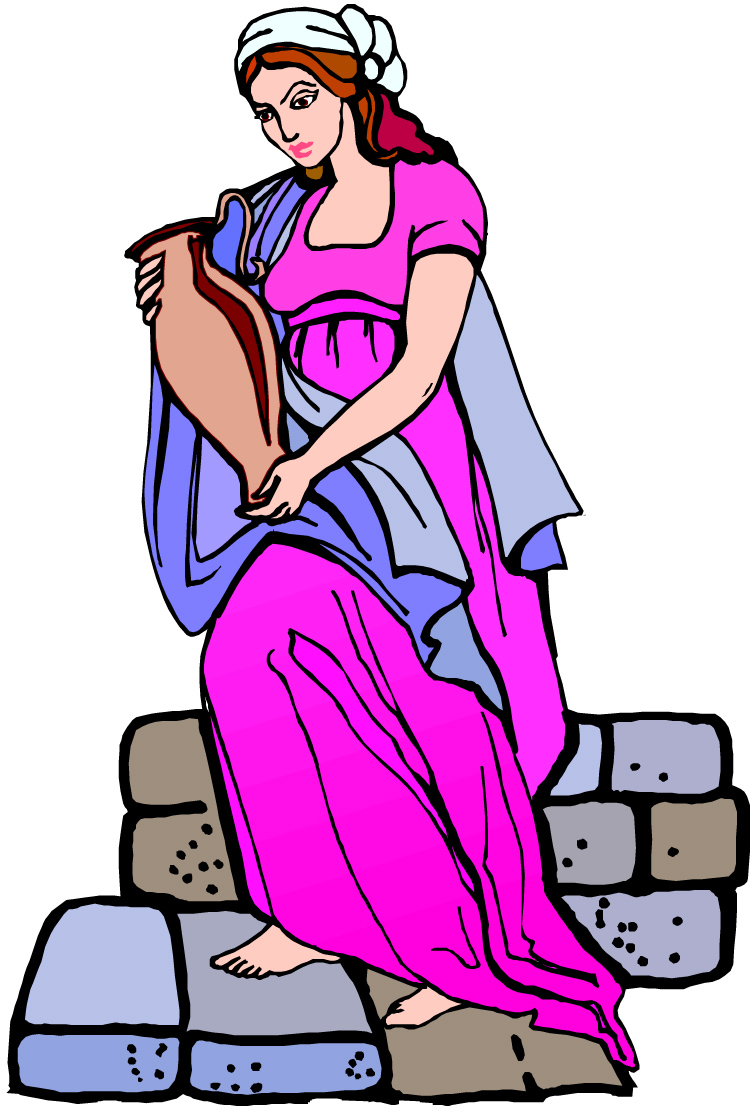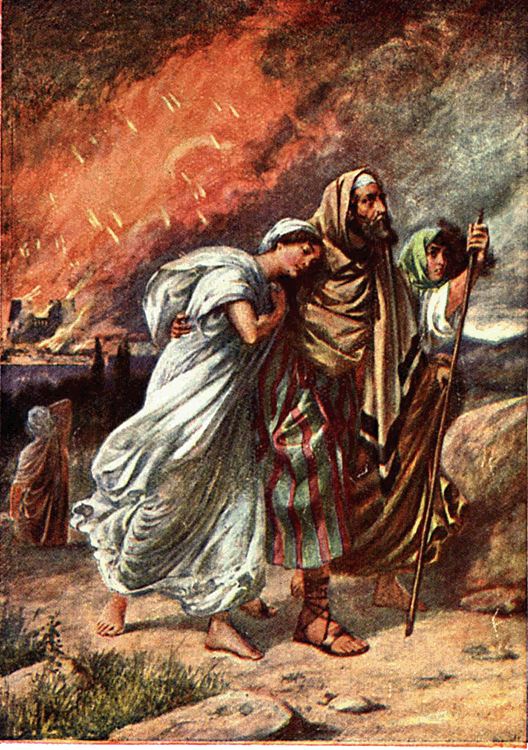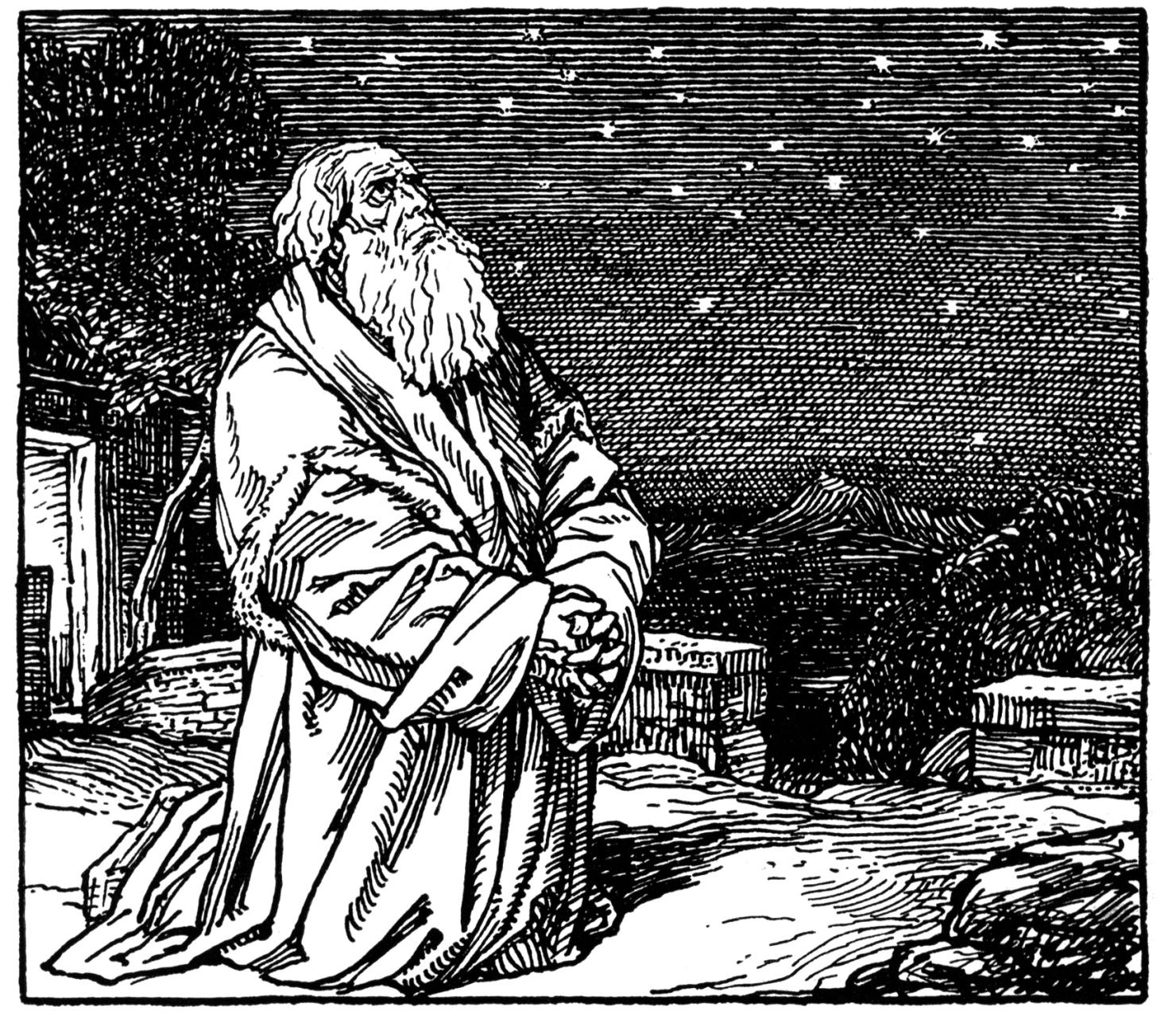
Genesis 22:13, A ram caught in a thicket by his horns. YHVH credited to Abraham’s spiritual account his willingness to sacrifice Isaac as if he had actually done so. In fact, there is an ancient rabbinical tradition that states Isaac actually died and was resurrected as the midrash comments on this passage: “As the knife reached his throat, Isaac’s soul flew away and left [e.g., he died]. But when a voice went forth from between the angels saying, ‘Do not stretch out your hand against the lad’ (Genesis 22:12), his soul returned to his body” (Pirkei DeRabbi Eliezer 31 as quoted in The ArtScroll Davis Edition Baal HaTurim Chumash Bamidbar, p. 1417) (bracketed comments are in the original). The Jewish sages also note that Scripture states that both Abraham and Isaac ascended the mountain, but that it is recorded that only Abraham descended (Gen 22:19). Isaac’s absence from the Genesis narrative until many years latter (Gen 24:62) has given rise to much speculation on the part of the sages as to Isaac’s whereabouts in the interim (The ArtScroll Bereishis Vol. 1a, pp. 812–813).
Regardless of the rabbinic interpretations, does Scripture leave Isaac out of the narrative as if to highlight his absence, and to give the impression (albeit a prophetic allegorical one) that he was actually sacrificed? After all, what was the ram caught in the thorn bush thicket (wearing a crown of thorns) by its two horns all about? That ram is understood by many to be a substitute sacrifice prophetically picturing Yeshua the Messiah much later dying on the cross while wearing a crown of thorns.
Moreover, who was it that commanded Abraham to lay down the knife and slaughter the ram instead? It was the Messenger (Heb. malak) of YHVH (verses 11–12, 15), who was none other than the pre-incarnate YHVH-Yeshua, the Word or Messenger of Elohim (John 1:1, 14), whose audible voice Abraham heard some 1900 years before his appearance as the Messiah in human form on earth as the Lamb of Elohim slain from the foundation of the earth.
The Messenger of YHVH at the Binding of Isaac
In Genesis 22:11, 15–17 we read the following,
11 And the Messenger/Malak of YHVH called unto him out of heaven, and said, Abraham, Abraham: and he said, Here am I … 15 And the Messenger/Malak of YHVH called unto Abraham out of heaven the second time, 16 And said, By myself have I sworn, saith YHVH, for because thou hast done this thing, and hast not withheld thy son, thine only son: 17 That in blessing I will bless thee, and in multiplying I will multiply thy seed as the stars of the heaven.
In this passage, there is no mention of the Messenger of YHVH visibly appearing to Abraham in some bodily form, but only his voice calling from heaven. What we want to emphasize in this passage is that the Messenger of YHVH is equating himself with YHVH (verse 16). The biblical passages where the Malak of YHVH equates himself with YHVH while appearing in human form have perennially defied reasonable explanation by the Jewish sages.
Notwithstanding, the ancient Targum Jerusalem (the pre-Christian Aramaic translation of the Hebrew Scriptures) equates the Malak of YHVH with “the Word of Elohim” in verse eight implying that YHVH and the Word of YHVH are in some way different from each other:
And Abraham said, The Word of Elohim will prepare for me a lamb; and if not, then thou art the offering, my son! And they went both of them together with a contrite heart.
Some Jewish sages asserts that “the angel speaks in God’s name, in first person” while others maintain that it was “God Himself who opened the Continue reading →
